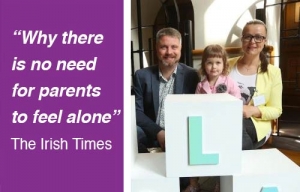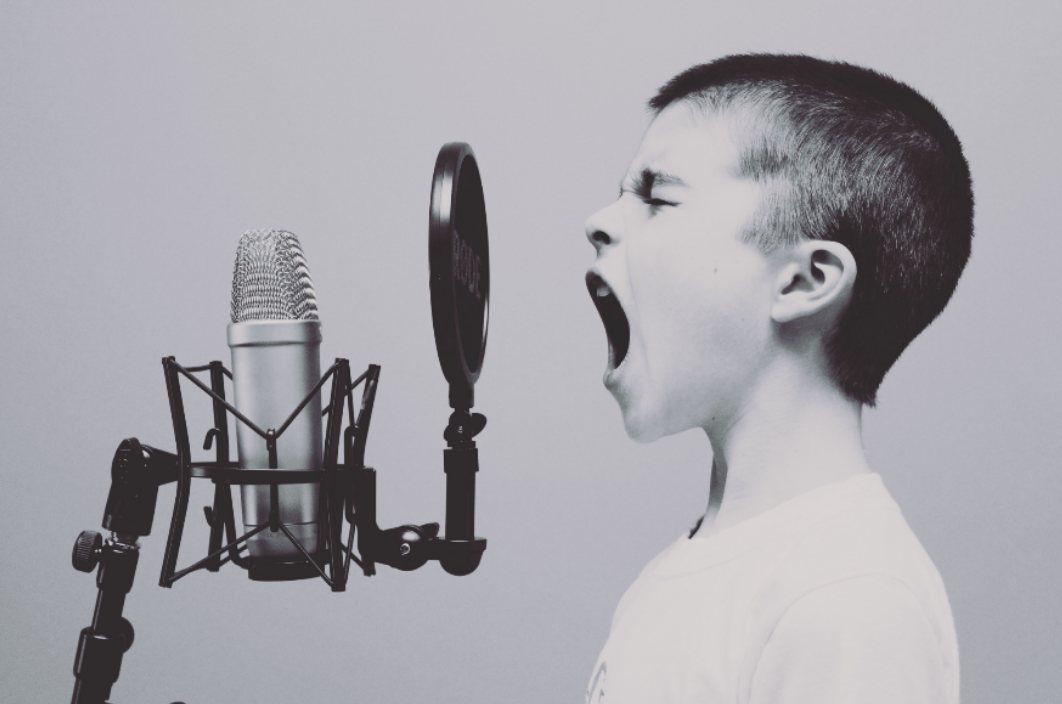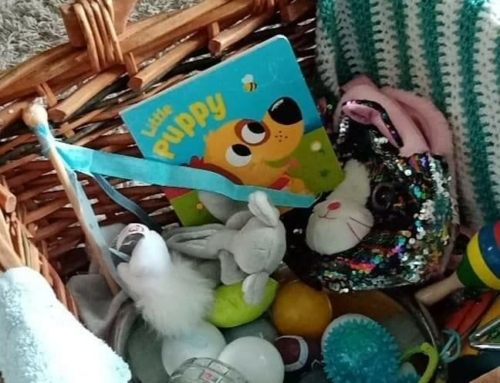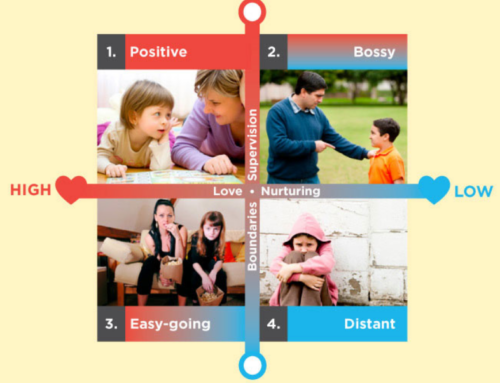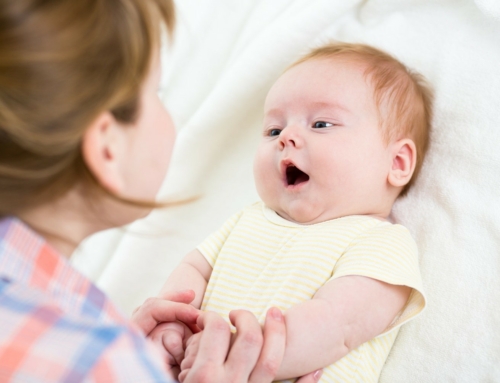Music and song have so many benefits for children of all ages. Not only is it lots of fun, it can help…
- soothe or calm a baby when upset
- accelerate brain development
- support language development
- encourage co-ordination and motor skills
- increase social and emotional abilities
- promote relaxation and sleep
Issues 36 and 38 of the Growing Child highlight some of these advantages together with a selection of songs that are a huge hit with young children.
Lots of people think of music as a means of entertainment or as a hobby, not realising that it significantly influences all areas development. Children aren’t born with musical abilities, it is something that needs to be nurtured. By singing simple nursery rhymes, we are introducing new vocabulary, rhyming of words and developing an awareness to the world around us. It helps us to make associations and form new sounds thus supporting speech and language. Such as the familiarity of ‘Wheels on the Bus’ or ‘Twinkle Twinkle’, they help us to memorise sequence and actions, while incorporating movement and co-ordination.
Music and song can also be used to express moods and emotions. This is evident in all cultures and abilities. Children who cannot understand a certain language can connect through song, even a child who is non-verbal can react and express themselves through music. It is a highly sensory activity, even without hearing, it can be felt through beat, rhythm and tempo. Instruments can be added to expand and enhance the learning experience.
For parents this music can get tiresome and not the genre that appeals to us most, but for a young child it is the repetition, upbeat sound and silly movements that make this so much fun. We have to admit, nothing entertains us more or makes us prouder as parents than watching our child perform a song and dance routine. You are immediately transported to Broadway in New York or London’s Westend by witnessing the confidence and care-free manner in which they get so involved! Albeit a full ballet routine to Frozen’s ‘Let It Go’ or the customary dance around the living room to ‘Baby Shark’. It really is priceless. This contributes immensely to their emotional and social development. A huge array of emotions are revealed through music and can sometimes be an useful means of managing some feelings.
There is nothing more relaxing than listening to your favourite piece of music. This is evident in sessions of baby yoga, massage or reflexology where music is fundamental to all these activities. Research has also shown that as early as in the womb that music has an impact on the unborn child. For example, music played during pregnancy has been known to vary movements, and then playing the same music post birth significantly soothes your baby. Lullabies has for many generations contributed to sleep routines of children.
But are we loosing that personal touch? Today there are countless toys and devices that play music for us, but there is no need for us to be conscious of our less than perfect singing voice. Given the chance our children will always choose us, its your undivided attention, interaction and love that appeals to them not whether we can sing in key or perfect the dance movements. We try so hard to be a good model in all areas for our children, it now time to follow their lead, as the saying goes…
‘Sing Like No One’s Listening and Dance Like No One’s Watching!’

